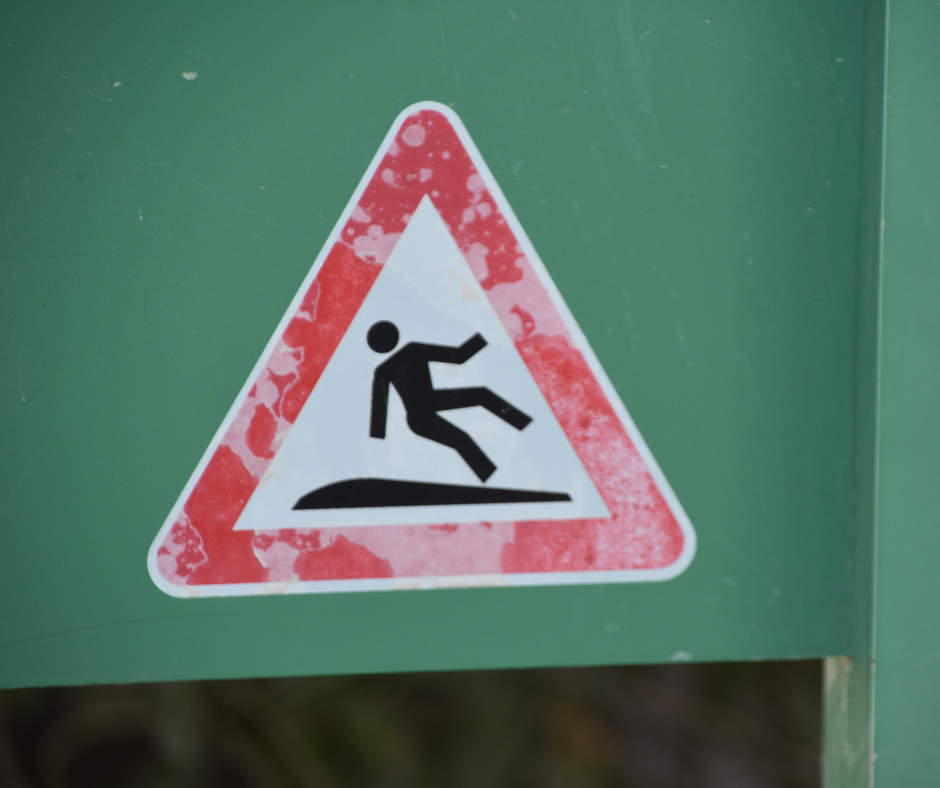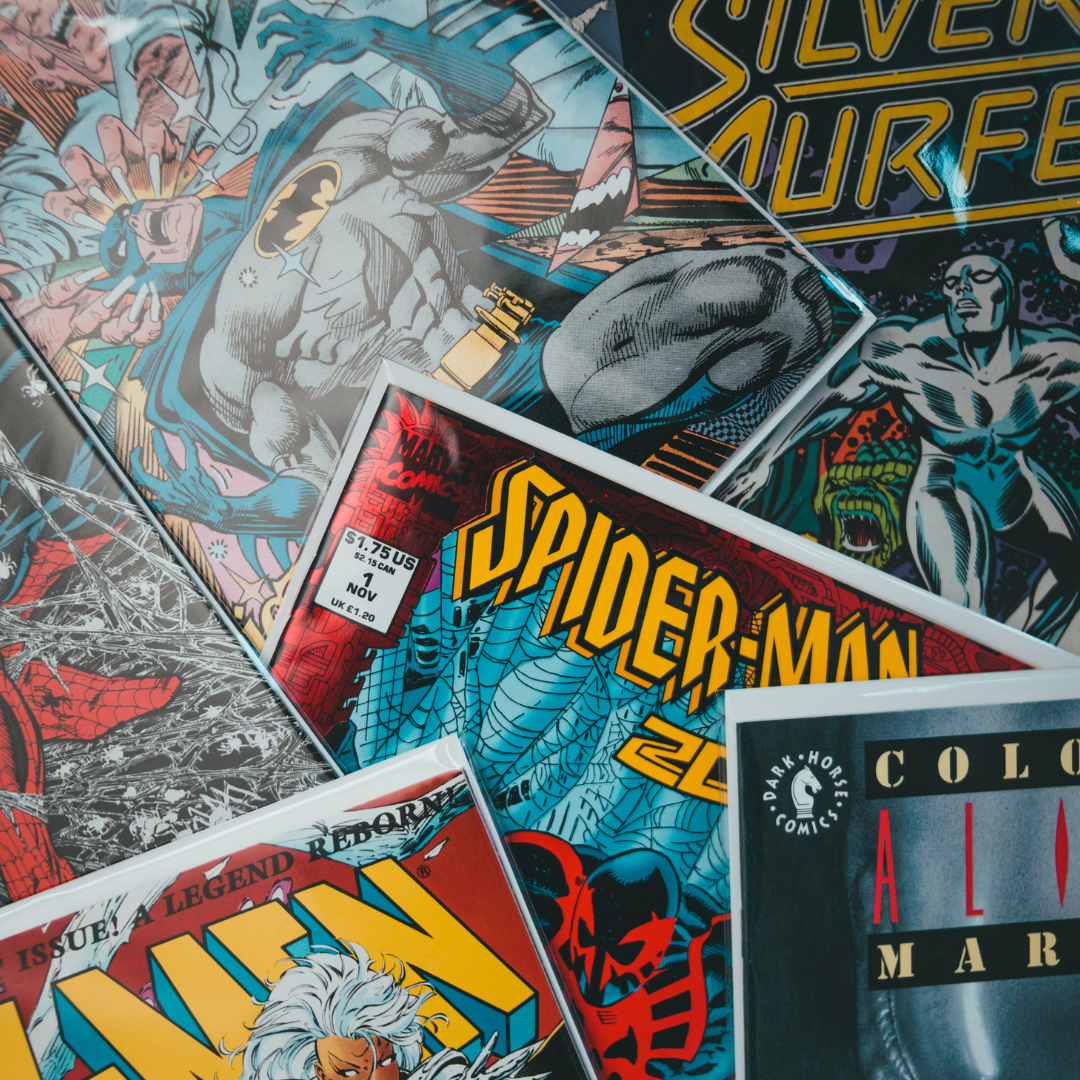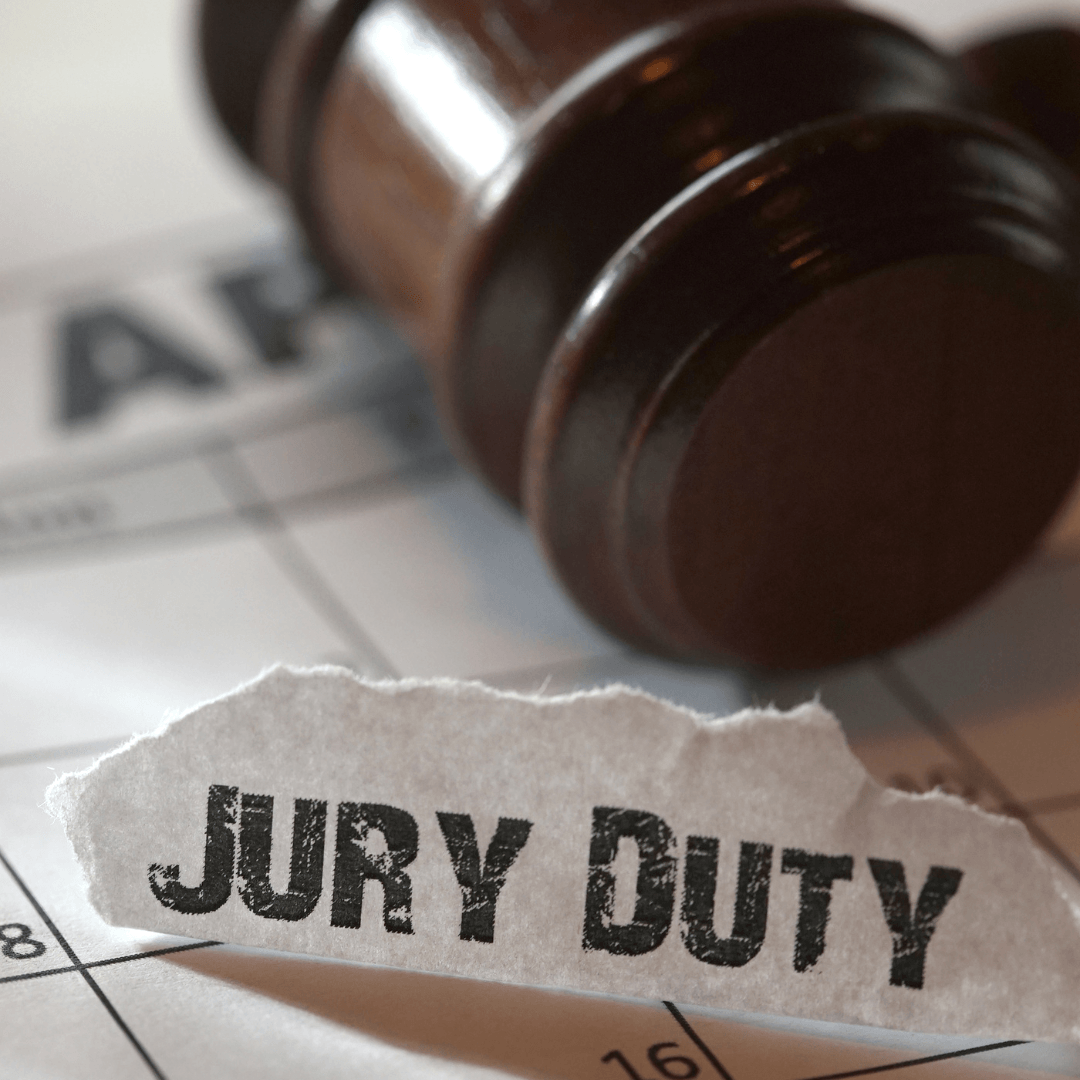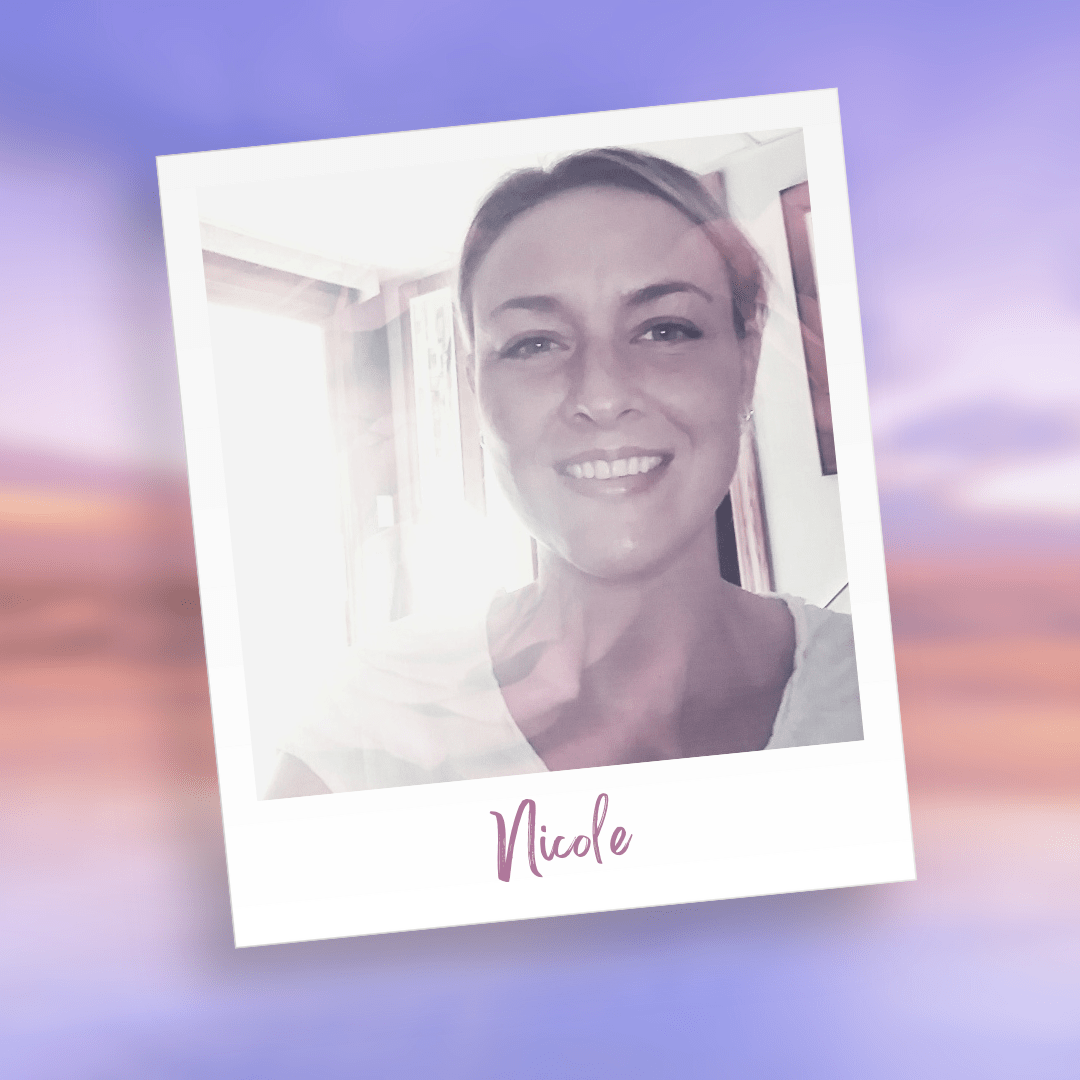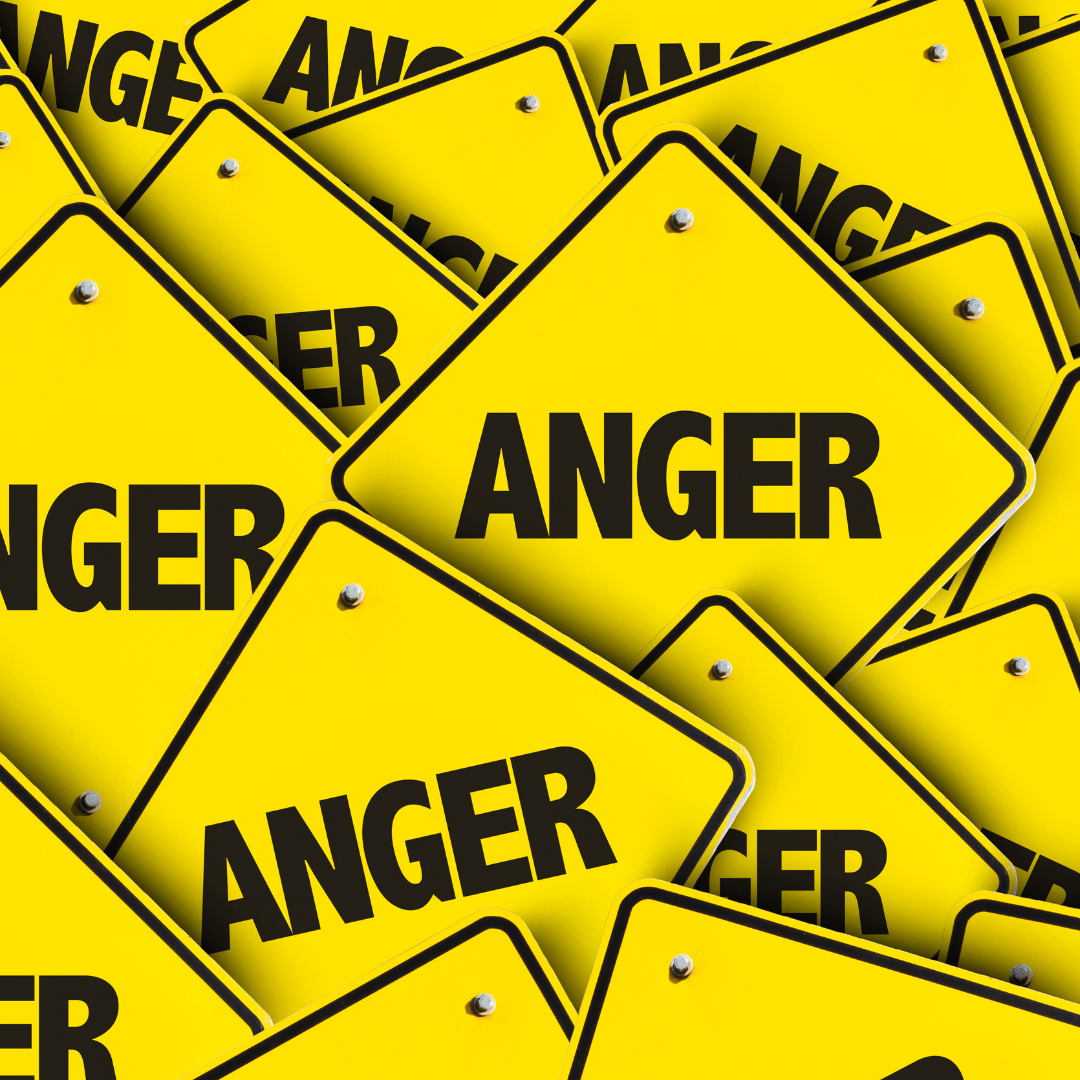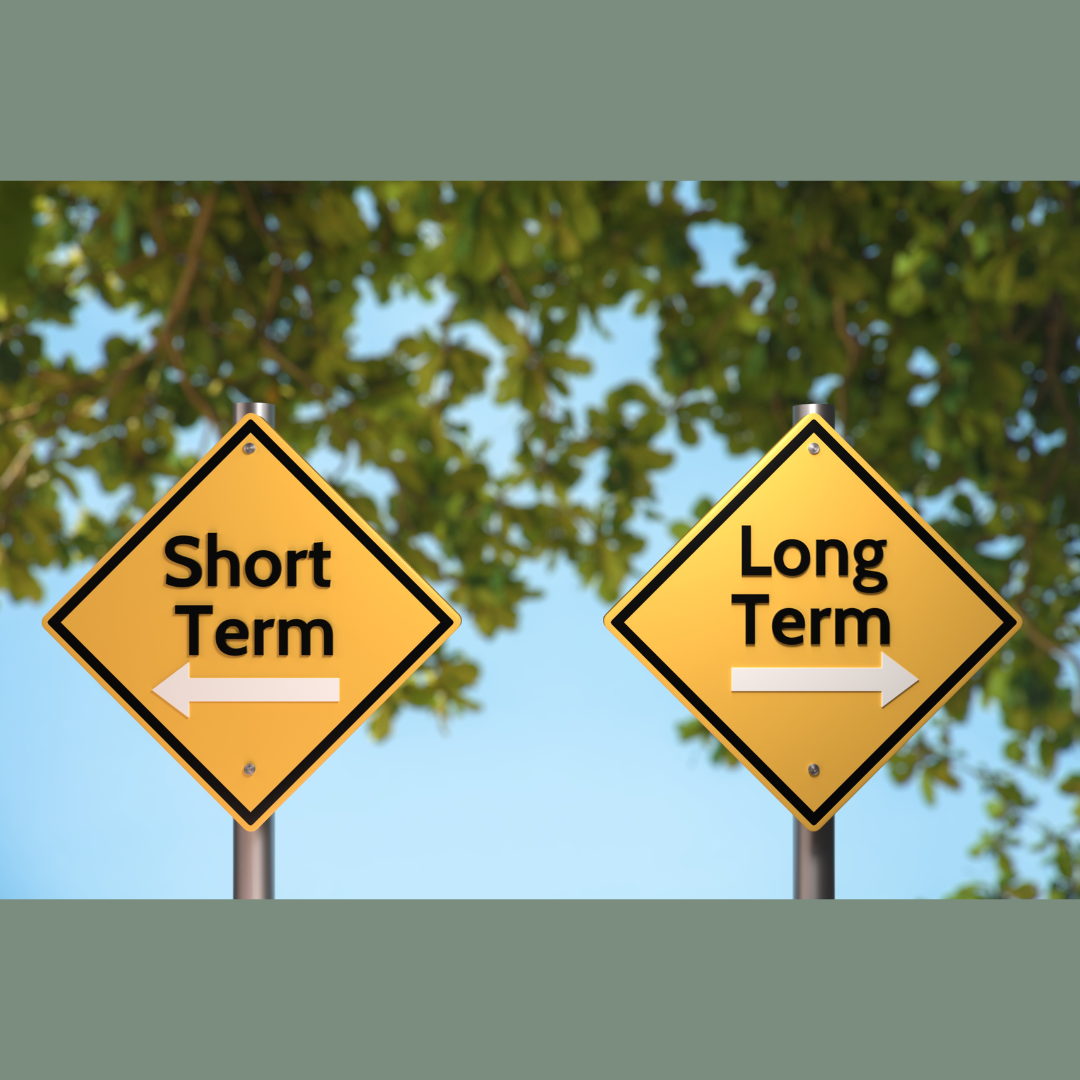A long time ago, Neil Young put out an album called Rust Never Sleeps and went on tour. I was in the audience when the tour hit my area.
I’ve never known just what he meant by rust never sleeps, but I always saw it as a warning to keep moving ahead, that to stop or slow down is to get rusty.
I think that applies to recovering from a traumatic brain injury: don’t stop moving forward.
How do you keep moving forward with a brain injury?
One way is to continue your self-care regimen. Make keeping your body and mind active a paramount goal and stick with it.
I advocate cultivating new interests and hobbies, even if it doesn’t involve physical activity. That will help keep your brain working. Maybe you can learn how to do something you haven’t tried before, like solving crossword puzzles or putting together jigsaw puzzles. It’s up to you; no two brain injuries are the same, and you know what’s best for you. The sky isn’t the limit; your imagination and drive are.
Constantly set goals for yourself. Keep your sights on the next hill you want to climb. Set a small goal every day and eventually, you will be doing bigger things.
Inactivity and rust go hand in hand.
In my mind, one good way to stay occupied is to maintain as much of your former social life as possible, and get into as many social situations as you possibly can (although this admittedly can be pretty hard during a pandemic). Face-to-face interactions are best, but in these times, Zoom seems to be the best substitute for that kind of interaction. I’d say it’s certainly better than texting or emailing.
Just keep moving in the positive direction you’ve set for yourself. Your recovery doesn’t have to be depressing or feel like an unpleasant chore—find pleasurable pursuits to occupy your time and brain while you recover.
Above all, keep a positive outlook. Don’t be your own worst enemy—be your own best friend. That includes making friends with both your body and your brain. Those friendships will last a lifetime but will need constant maintenance and reinforcement. And they will help you keep a step ahead of rust.
In my case, in order to keep from getting rusty, I’ve adopted the strategies I outlined above. They come from personal experience and they’ve worked well for me. Although, to be honest, the pandemic somewhat limits what I can do. But I make the most of it inside those limits.
I make it a point to get out and walk as much as possible. I can’t walk as long or as far as I could before my brain injury, but I know it’s important to keep my body in the habit of moving. Walking the dog is great exercise and therapeutic, too. I take her out for long walks at a minimum of twice a day, first thing every morning and last thing before I go to bed at night. I walk to the pharmacy to get my prescriptions, along with the bank and the supermarket, which for me works better than driving.
I hold rust at bay by reading extensively and often. I have a high level of curiosity and being on the internet is a good way to keep my mind and curiosity in good working order.
Other brain work that I do involves writing the words you are reading. Writing helps me work on my focus and my ability to communicate. Writing clearly and communicating my thoughts and information, I’ve learned is a great workout for my brain and for making some progress on my concentration. It also gives me practice working through my newfound short term memory issues.
As for my writing, there are people who seem to believe I’m actually good at it. I’ve been able to reach out far beyond the confines of my bedroom to other countries, and I get feedback from all over. It’s not exactly world travel, but it does help me keep positive and moving forward. Getting asked for my opinion and advice about coping with a brain injury is a great confidence builder, and a great motivator to do work that gets positive attention.
I don’t get out as much as I did before, so it’s hard to have face-to-face interactions right now, but I do what I can to maintain personal friendships and relationships, some over the phone, some by Zoom. Having and keeping friends and associates is a good way for me to keep from getting bored and is great emotional support as well.
My brain, like yours, wants to get better and it wants the same for me in general, so it’s a good thing to make friends with it. And I know things will get better; I can’t magically make myself recover but I can do things that allow improvements to happen and avoid rusting out.
Don’t let yourself get rusty. Allow yourself to live the best life you can, within your own circumstances.
Embrace recovery and reach out and grab as much life as you can.
Rust may not sleep, but you can certainly stay ahead of it, brain injury or not.
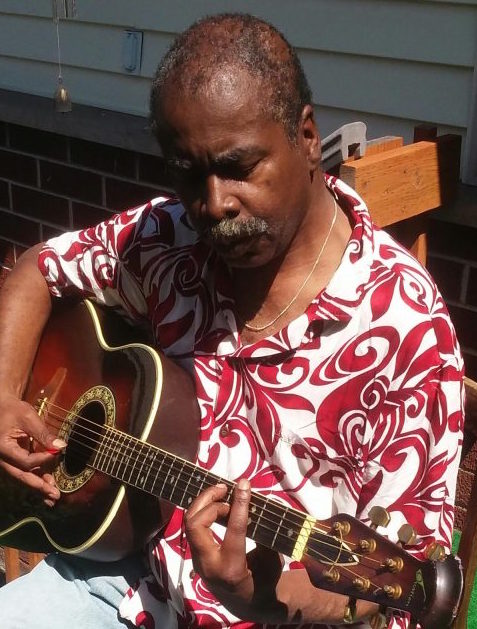 | Isaac Peterson grew up on an Air Force base near Cheyenne, Wyoming. After graduating from the University of Wyoming, he embarked on a career as an award-winning investigative journalist and as a semi-professional musician in the Twin Cities, the place he called home on and off for 35 years. He doesn’t mind it at all if someone offers to pick up his restaurant tab and, also, welcomes reader comments. Email him at isaac3rd@gmail.com. Read more articles by Isaac here; https://www.brainenergysupportteam.org/archives/tag/isaac-peterson |
|---|

